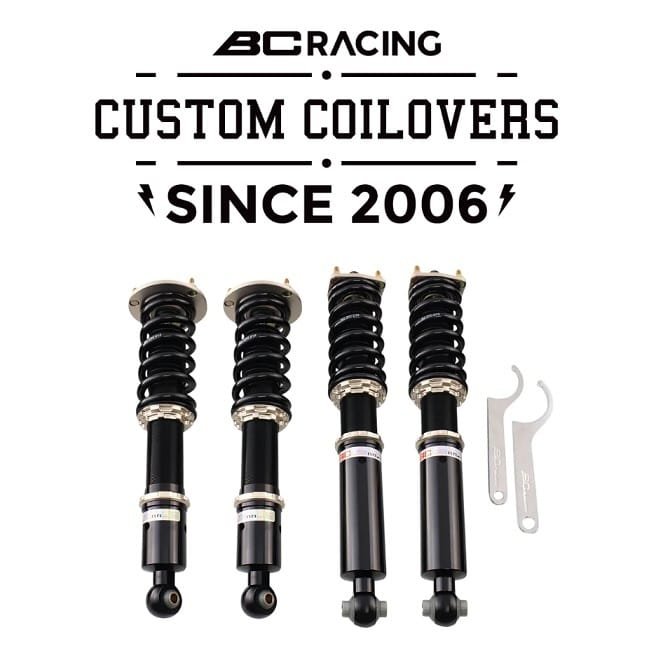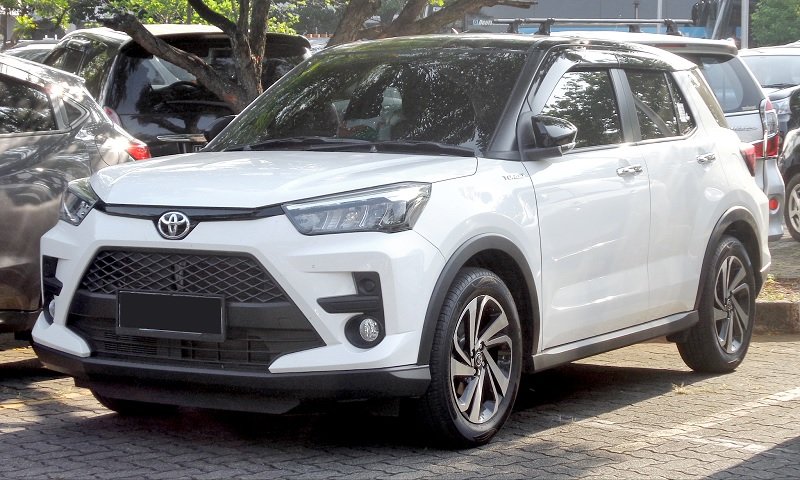A major car accident can be one of the most stressful events a driver can face. In addition to the emotional toll and potential injuries, you may also find yourself navigating a complex web of paperwork, phone calls, and financial questions. Knowing how to handle your car insurance claim efficiently can make a huge difference in recovering both financially and mentally.
And if your car is financed under a Personal Contract Purchase (PCP) agreement, things may feel even more complicated. While insurance and PCP agreements are separate systems, they do intersect when it comes to damage or total loss. In this guide, we’ll walk you through the steps to effectively manage car insurance claims—and touch on how PCP-related concerns, including mis-selling claims, might come into play.
Ensure Immediate Safety
The first and most important step after a major accident is ensuring that everyone involved is safe.
- Check for injuries to yourself and your passengers.
- If anyone is seriously hurt, call emergency services right away.
- If possible, move the vehicle to a safe area to avoid obstructing traffic or causing further harm.
- Use hazard lights and warning triangles if available.
Even in minor accidents, it’s a good idea to call the police—especially if there are injuries, significant damage, or any disagreement between parties. The police report can serve as a vital piece of documentation during your insurance claim process.
Document the Scene
Accurate documentation is critical for your insurance provider to understand what happened. Be thorough, and gather as much information as possible at the scene:
- Photographs and Videos: Capture damage to all vehicles involved, skid marks, street signs, road conditions, and anything else that could be relevant.
- Driver and Vehicle Details: Exchange names, addresses, phone numbers, insurance policy numbers, vehicle registration numbers, and driver’s license details with other drivers.
- Witness Statements: Ask bystanders for their contact details and what they saw—independent statements can be helpful later.
- Police Report Info: Get the names and badge numbers of the responding officers, and ask how you can obtain a copy of their report.
Having this information readily available will strengthen your insurance claim and help protect you from potential disputes.
Report the Accident to Your Insurance Provider
Once the scene is documented and everyone is safe, contact your insurer as soon as possible. Most companies offer multiple channels—online portals, mobile apps, or 24/7 claims hotlines—for reporting incidents.
Be prepared to share:
- Your policy number
- A clear description of the accident
- Contact and insurance details of other drivers
- Any photo or video evidence
- Police report reference, if applicable
Reporting the accident promptly ensures the claims process gets underway without unnecessary delays.
Understand the Claims Process
After your claim is submitted, your insurer will typically assign a claims adjuster to your case. They will evaluate the incident and determine the appropriate next steps. This may involve:
- Reviewing all submitted evidence and documents
- Scheduling a damage inspection or assessment of your vehicle
- Coordinating repairs with approved garages
- Determining whether your vehicle is repairable or should be declared a total loss
If your car is declared a total loss, your insurer will usually pay out the current market value of the vehicle. This is where things can become more nuanced—especially if you’re financing the car through PCP.
PCP Finance Agreements and Car Insurance Claims
If your vehicle is under a Personal Contract Purchase (PCP) plan, you don’t fully own it until the final payment is made. In the event of a write-off, the insurer’s payout may not be enough to cover your remaining balance.
Here’s what you need to know:
- Market Value Payout: The insurance company will only pay what the car is currently worth—not necessarily what you still owe on your finance agreement.
- Finance Shortfall: If the insurance payout is less than your outstanding finance, you may be liable for the difference.
- GAP Insurance: Guaranteed Asset Protection (GAP) insurance can help cover this shortfall by bridging the gap between the payout and your finance balance.
Always communicate with both your insurer and your finance provider to ensure everyone is aligned and that your financial obligations are clear.
What About PCP Mis-Selling Claims?
While unrelated to your insurance claim directly, a PCP claim could come into play if you later discover that your finance agreement was unfair or misleading.
Many drivers have taken out PCP finance agreements without being fully informed of:
- Hidden commissions
- Long-term affordability
- Final balloon payment terms
- The true total cost of the agreement
If your agreement was mis-sold—meaning you weren’t properly informed or the terms were unsuitable—you may be eligible for a PCP refund or compensation. These claims are handled separately from your insurer, typically through financial or legal services, but may become relevant when you review your finance situation after a major accident.
Tip: If you’re involved in an accident and your vehicle is written off, it might be a good time to review your PCP paperwork. If the agreement wasn’t clearly explained or felt unfair, it may be worth seeking professional advice about whether you qualify for a mis-selling claim.
Evaluate and Negotiate Your Settlement
Once your insurer provides a settlement offer, take time to assess whether it accurately reflects your vehicle’s pre-accident value.
If you believe the offer is too low, you have the right to dispute it. Steps include:
- Submitting evidence of higher valuations for similar vehicles
- Providing recent servicing or upgrade records
- Asking for a reassessment
- Escalating your case to the Financial Ombudsman Service if necessary
If your car is financed, make sure the payout—either from your insurer alone or with GAP insurance—covers your remaining loan. If not, discuss repayment options with your finance provider.
Keep Detailed Records Throughout
Stay organised and maintain records of:
- All communication with your insurer and finance company
- Photo and video evidence
- Medical documents (if injuries occurred)
- Repair estimates or invoices
- Your car insurance policy
- Your PCP agreement and any GAP insurance
This will help you avoid delays, support your claims, and protect yourself if any disputes arise.
Final Thoughts
Managing car insurance claims after a serious accident can feel like navigating a maze—but with the right preparation and clear communication, you can come through it smoothly.
If your vehicle is financed under a PCP agreement, it’s crucial to understand both your insurance responsibilities and the financial impact of a total loss. From coordinating with your finance provider to checking whether you’re eligible for a mis-sold PCP refund, being proactive can save you from surprises down the line.
In times of stress, insurance is there to offer protection—and when paired with financial awareness, it ensures you’re covered from all angles.



